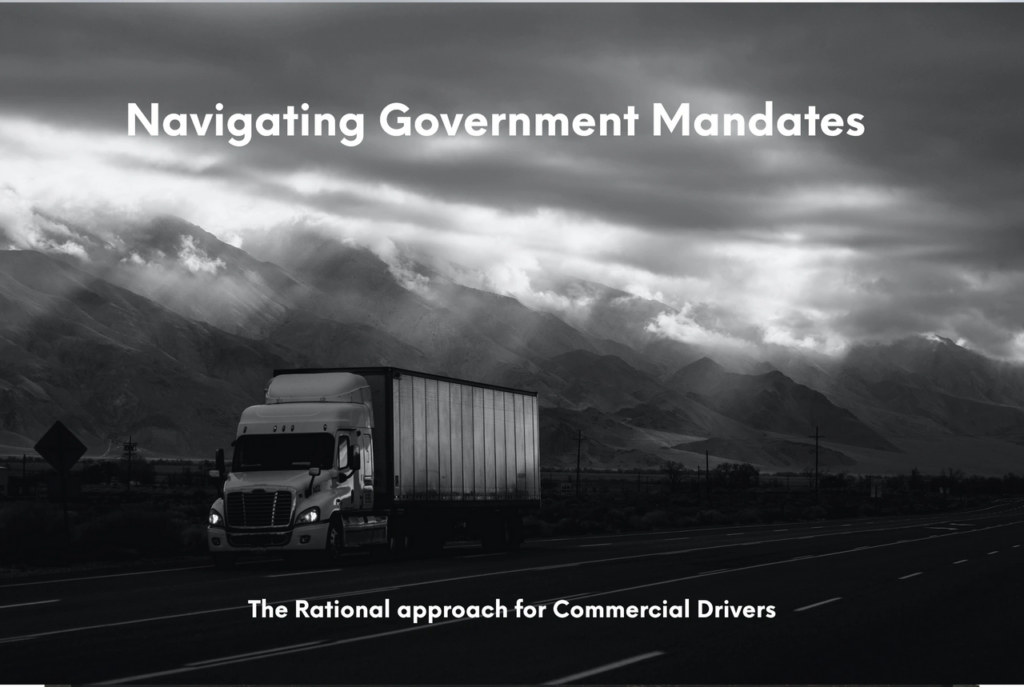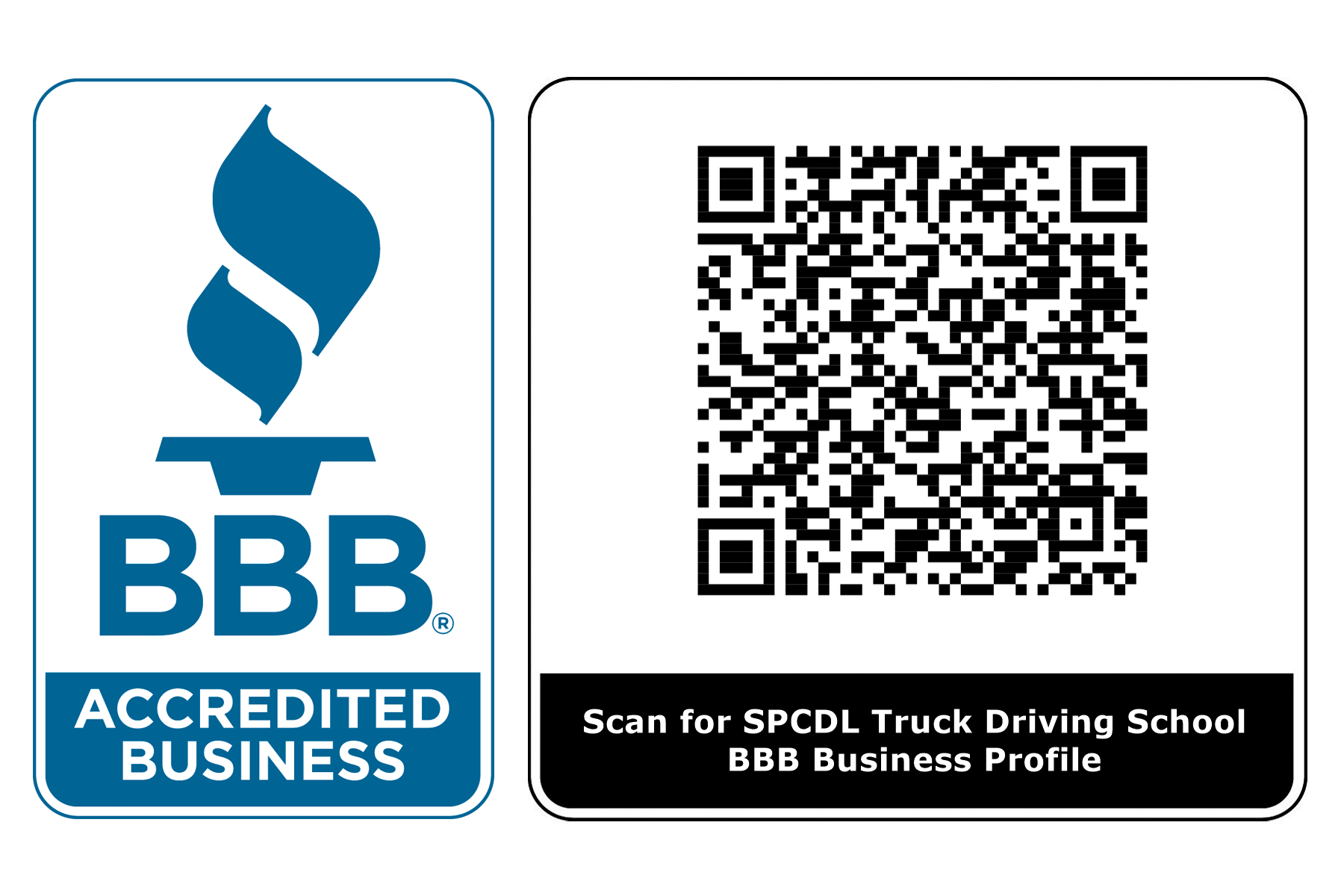Navigating Government Mandates

Role of Commercial Drivers and Government Mandates
In a world characterized by evolving circumstances and unforeseen challenges, the role of commercial drivers has never been more critical. As the United States grapples with various government mandates aimed at mitigating the impact of the ongoing pandemic and other issues, it’s essential for commercial drivers to approach these situations with logic and reason. Balancing personal freedoms with societal responsibilities is a complex endeavor, and embracing a rational perspective can lead to better decision-making in uncertain times.
The Clash Between Personal Freedom and Societal Responsibility
At the heart of the matter lies a fundamental tension: the desire for personal freedom versus the need to uphold societal responsibility. While personal freedoms are undoubtedly valuable, they exist within the context of a society that relies on cooperation and shared efforts. Commercial drivers play a vital role in maintaining supply chains, transportation networks, and essential services that countless individuals depend on.
Understanding the Rational Approach
- Critical Thinking: Rational decision-making requires critical thinking. It involves assessing the available information, evaluating its credibility, and considering the potential consequences of actions. When facing government mandates, commercial drivers can use their critical thinking skills to dissect the rationale behind these decisions and understand their implications.
- Benefit vs. Risk Analysis: Rational decision-making involves a thorough analysis of benefits and risks. Commercial drivers can assess the potential benefits of complying with mandates, such as contributing to public health efforts or avoiding legal consequences by surrendering Constitutional rights, allowing a government agency to make health decisions for commercial drivers and their families, and surrender of religious freedoms, against the risks associated with non-compliance, such as disruptions to their work, fines, or legal issues.
- Considering the Greater Good: Rational decisions often take into account the greater good. Personal freedoms are important and must be balanced against the well-being of the broader community and voluntary surrender of personal rights to make decisions. Commercial drivers have a unique vantage point in recognizing how their actions can impact the livelihoods and health of themselves, their families, and others or show strength and resolve in standing up against government over-reach that infringes on personal freedoms.
The Role of Empathy
Empathy serves as a vital bridge between preserving personal freedoms and understanding the broader societal context shaped by government mandates. While we cherish our individual rights, empathy enables us to see beyond our immediate needs and consider the well-being of others. By acknowledging the diverse perspectives and circumstances that shape society, we can navigate government mandates with compassion. Empathy doesn’t entail sacrificing personal freedoms; rather, it enriches our decision-making process. It empowers us to find common ground, ensuring that we uphold our rights while also recognizing our collective responsibility to protect vulnerable members of our community. In this way, empathy fosters a harmonious balance between personal liberties and the greater good, allowing us to make informed and considerate choices in the face of challenging circumstances.
Navigating Uncertainty with Logic
- Verifying Information: In an age of information overload, commercial drivers can use their rational thinking skills to verify the accuracy of information related to government mandates. Ensuring that information is sourced from reputable and credible outlets is crucial to making informed decisions.
- Consulting Experts: Relying on experts and professionals in relevant fields can provide commercial drivers with insights grounded in expertise. Seeking advice from health professionals, legal experts, and industry leaders such as SPCDL Truck Driving School can aid in making well-informed choices.
- Adapting to Change: A rational approach acknowledges that circumstances can change rapidly. Government mandates may evolve as new information emerges. Commercial drivers who prioritize logic can be more adaptable to changes and respond effectively to shifting requirements.
The responsibility of commercial drivers extends beyond the steering wheel. It encompasses the decisions they make within the broader context of society. The rational approach to decision-making empowers drivers to navigate the complex landscape of government mandates with wisdom, empathy, and a commitment to the greater good without sacrificing personal freedoms or surrendering Constitutional rights. By using logic to balance personal freedoms with societal responsibilities, commercial drivers can contribute to a resilient and compassionate society that thrives even in challenging times.



